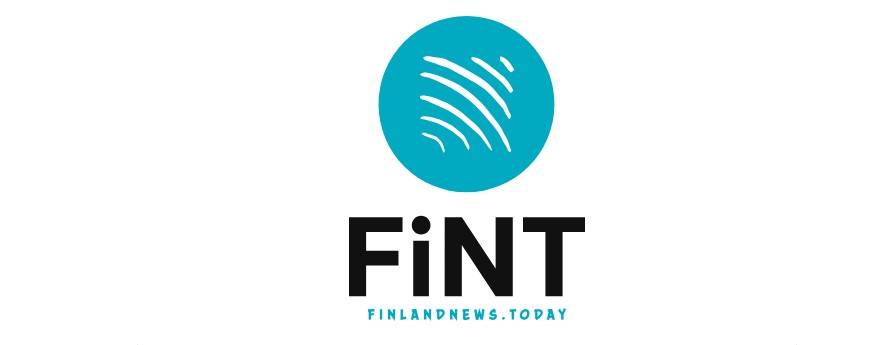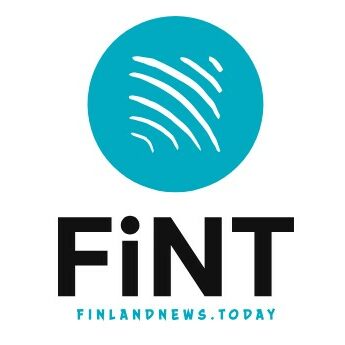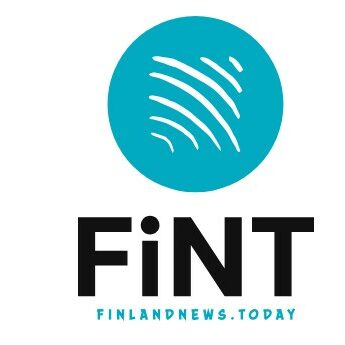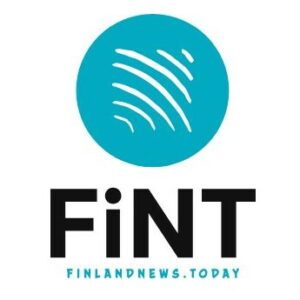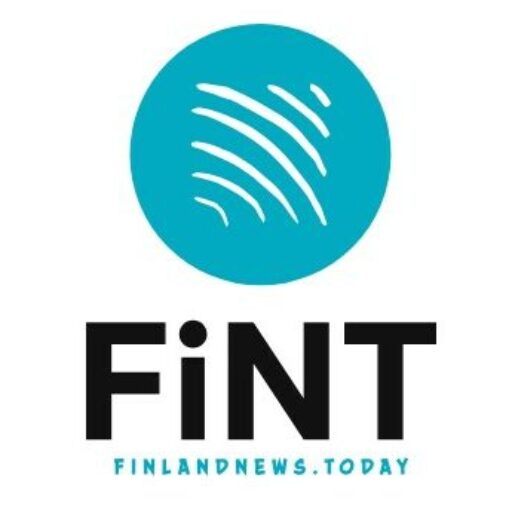The government of Finland has come up with an ambitious plan to reshape the entire landscape of education, thus the proposals for amendments in the law include the Universities Act and the Universities of Applied Sciences Act. These mainly refer to changes in tuition fees for non-EU and non-EAA pupils, the introduction of a 20 euro application fee charge to these students, and the addition of specific regulations on commissioned education.
For the first time, the government receives a mandate to make fundamental changes in the application of the Finnish education system for these students. There is a proposal for a revising of both The Universities Act and The Universities of Applied Sciences Act. The freeze on tuition fees for EU nationals as well as the introduction of a new application fee for international students outside EEA and EU countries is part of the revised Act.
One of the main aspects of the plan is presented by Prime Minister Petteri Orpo and it corresponds with the government programme. The conceived amendments are intended to help cover the whole expense for non-EU and non-EEA students for studying and training in the country. Hence the government is betting that such a plan will need to invigorate the financial situation of the higher education but also to make Finnish higher education an option for those willing to stay long-term tenure in Finland.
The draft comprises of legislation, which, if confirmed, is applied to the students from non-EU/EEA countries attending the educational courses of degree programs, where the language of teaching is the one other than Finnish or Swedish. The working government plans to apply the mentioned changes by October 2024 when the day of application fees and universal education come into effect on the 1st of August 2025 while the day of specified value of tuition fees coincides with the same day in 2026.
Moreover, there is a plan for the application fee to be charged for students from the third countries outside the EU and EEA. This is the form for the application of strategic measures that aim to eliminate a large share of the unworthy or qualitatively poor ones that have been a big source of headache for higher education institutions. Minister of Science and Culture, Sari Multala, ofcited that all in such a situation should allocate necessary human and financial resources to process any single application to comply with quality standards. The planning behind the application fee is such that it intends to facilitate the integrated process for institutions in that they can be in better plan in how they manage their resources.
Another ground-breaking issue in the proposed amendments is that whether students can still pay the tuition fee to their educational institution if they switch the basis of their residence permit or move from studies to work. Nevertheless, under this law, victims of humanitarian protection will not be subjected to these arrangements with a view to restoring a reasonable balance in the proposed piece of legislation.
Alongside these alterations, the government is also calling for regulations for the particulars of bought-in education provisions. Institutions will have to make all the allocations, contracts and agreements easily readable by all parties minimizing the negative effect of conflicts. The institutions will no longer be allowed to offer commissioned learning in situations when the applicant is just thinking of gaining profit but it will not involve admitting students to study degree programmes in Finland.
These proposed amendments follow the incidents when the people encountered maltreatment in commissioned education while the wrongdoing of conducted education was overlooked. This Bill aggravates against calamities like this that may put to the test justice and fairness in the educational scheme. The movement intends to improve the system to ensure transparency and accountability.
With these reforms Finns gain a very ambitious and comprehensive vision to reimagine the running of the higher educational system and for non-EU and non-EEA nations. From this position, the world is going to be witness to what changes would serve as a model for the way countries deal with their international educational policies and practices going forward. To catch the real-time nowadays updates from Finland and for other latest news reports, keep sluggish-treaded on the FinlandNews.Today.
Stay tuned to FinlandNews.Today. Here is more news today, that’s it for now to keep abreast of other Finland important news.
